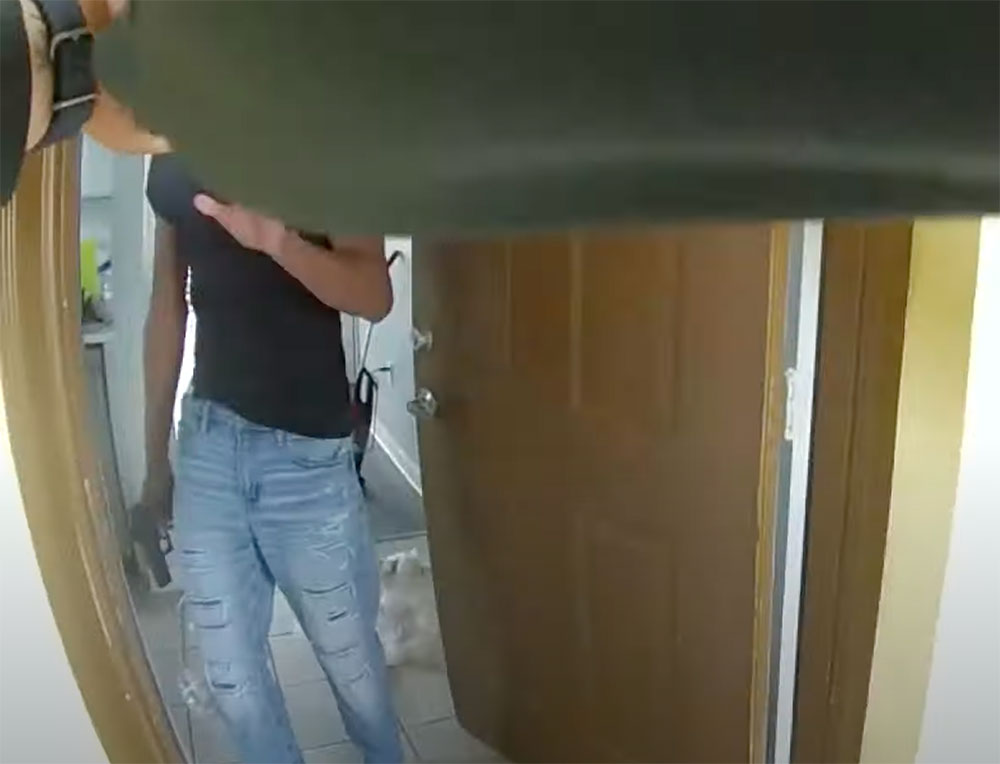The bones of hundreds of dead bears litter a trail in the Seminole State Forest near Seminole Springs, Florida. The animals didn’t die there. Humans brought their carcasses there on purpose, according to Oviedo Community News. And this isn’t the only “bear graveyard” in the state, either. But why?
Eric Orvieto, a journalist for Oviedo Community News, reports on the Florida Wildlife Corridor and how it impacts local communities. For the first article of a three-part series on this topic, Orvieto visits the bear graveyard in Seminole State Forest, reporting that the bones are intentionally dumped there by the Florida Fish and Wildlife Conservation Commission (FWC).
“Scattered throughout the open field and into the trees lay countless bear bones: large leg bones, pelvic bones, vertebrae, skull bones and more. Hundreds of them,” Orvieto writes. “There are even, at times, entire bear carcasses.”
Hundreds of bears die each year in Florida, and Orvieto reports that most of those bears end up at sites like this. The idea is that by placing dead bears in designated wilderness areas, the carcasses naturally decompose and provide food for other species.
Apparently, there are “dozens of similar sites” around the state—graveyards for not only bears but also for other animals, such as deer. While the graveyards are odd and grotesquely fascinating, the overarching question is actually not “why are there bear graveyards in Florida?” It’s “why are these bears dying in the first place?”
The answer is humans.
Preserving the Florida Wildlife Corridor
Most bear deaths in Florida occur on roadways. Orvieto infers that human development in general threatens wildlife, including bears, and creates the need for graveyards like the one he visited in Seminole State Forest.
The Florida Wildlife Corridor was a great step forward, but some wonder if it’s enough. The corridor encompasses nearly 18 million acres of contiguous wilderness. It was set aside after the Florida Wildlife Corridor Act became law in 2021.
However, organizations like Florida-based Bear Warriors United say the law has “no regulatory teeth.” Bear Warriors United advocates for additional legislation to preserve the wildlife corridor and close critical loopholes.
Katrina Shadix of Bear Warriors United first learned about the bear graveyards from an anonymous letter. The hand-written note included GPS coordinates to a spot filled with hundreds of bear carcasses and bones. Shadix investigated and spoke with a member of FWC’s bear-management team who confirmed it was indeed a bear graveyard.
In a November 2023 Facebook post from that day, Shadix wrote: “[He] was upset that day because the FWC had just collected 4 dead bears in 24 hours, all victims of being hit and killed by vehicles on Florida roads. He stressed the importance for Dept of Transportation building more wildlife under/over passes, and wished that the Florida state legislators would allocate money for safe wildlife passes.”
Have you heard about bear graveyards in Florida or anywhere else?





